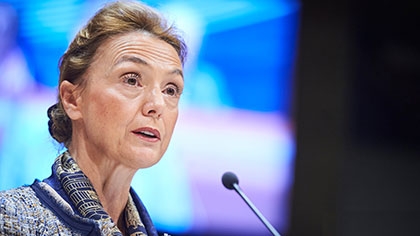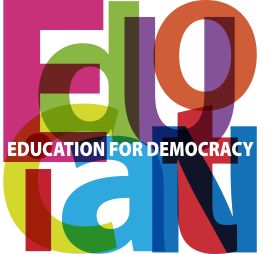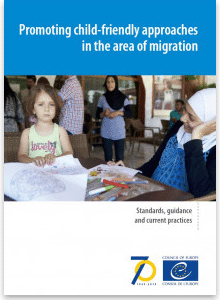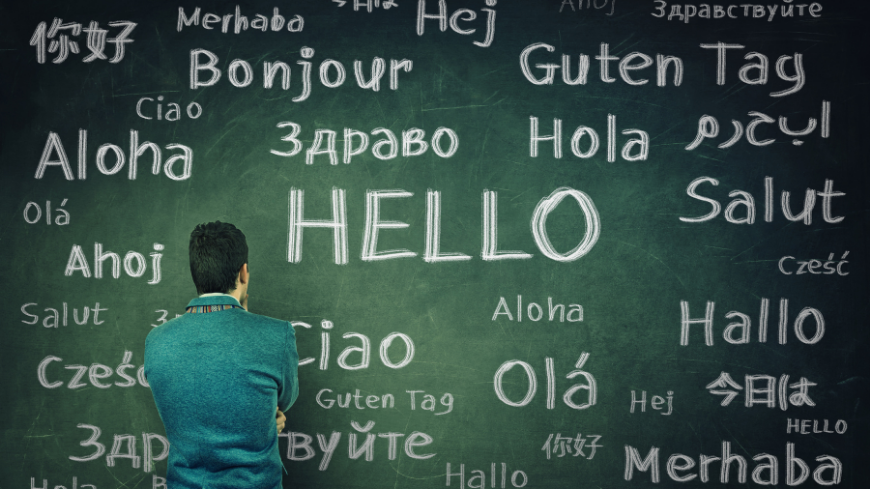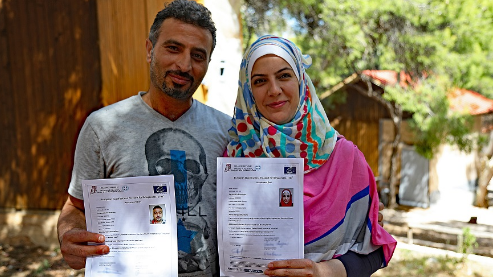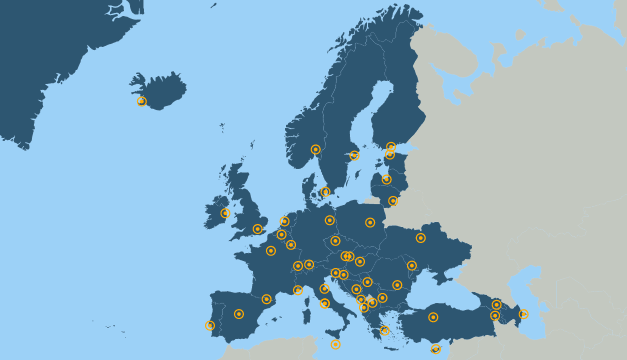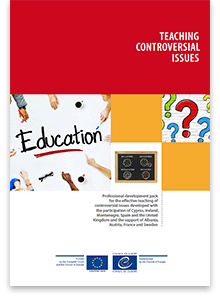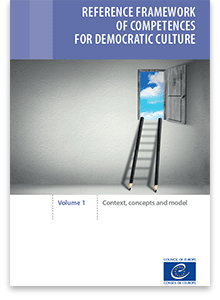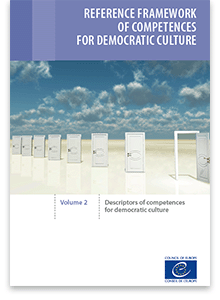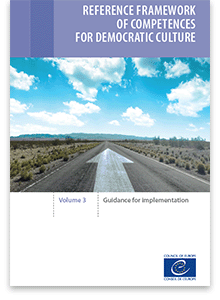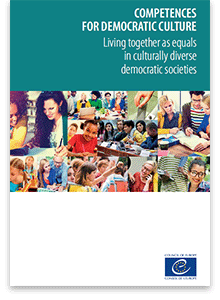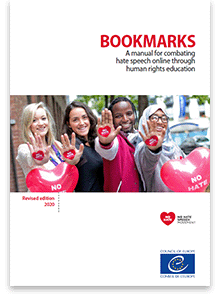Education in time of crisis
Emergency measures for Ukrainian refugees and their host countries: Protecting Democracy through Education
I strongly condemn the Russian military attack against Ukraine in flagrant violation of the Statute of the Council of Europe and the European Convention on Human Rights. This is a dark hour for Europe and everything it stands for"
declared the Secretary General of the Council of Europe on 24 February 2022.
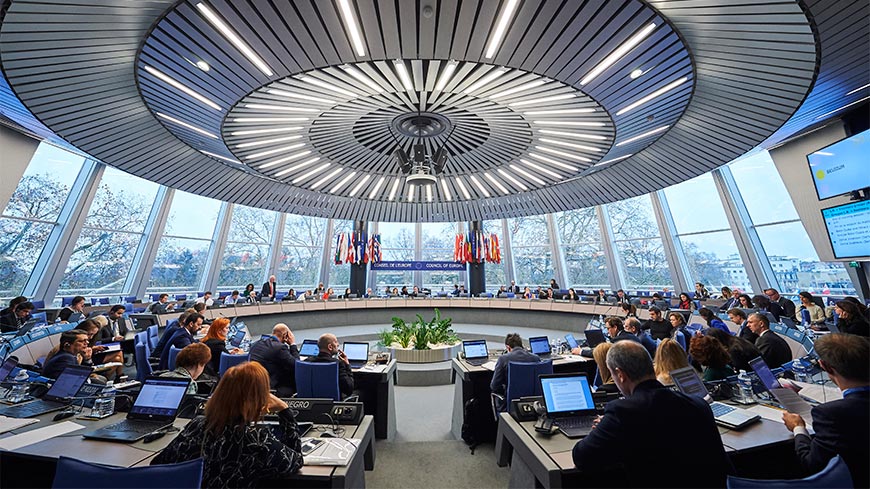
The Committee of Ministers of the Council of Europe therefore decided on 16 March 2022 to exclude the Russian Federation from the Council of Europe as a result of the Russian Federation’s armed attack on Ukraine.
With millions of people fleeing Ukraine, neighboring countries are opening their borders and doors to Ukrainian refugees. As of the date of writing, over 4.000.000 innocent people, mainly women and children have fled their country.
In anticipation of the immediate and short-term impact of such inflow of refugees and, in particular, young adults and children, the Education Department of the Council of Europe, in close consultation with the member states and their intergovernmental committee on education (CDEDU), put together a number of tools that can be immediately applied by the educators and educational authorities to comfort the refugee youth and children from trauma, make them feel welcome in classrooms and help their rapid integration into the hosting schools and communities.
While a set of guidelines and instruments are proposed by the Council of Europe on this web-page as an immediate measure to support educators and authorities in supporting Ukrainian refugees, these materials are also designed to educate simultaneously the youth of the host countries on the issues of interculturality at school, media literacy and countering fake news and promoting the Council of Europe’s core values and democratic culture at all levels.
The Council of Europe’s Education Department is at your further disposal to help you structure your action and support you in the process of welcoming the Ukrainian refugees and protecting democracy in Europe.
The Council of Europe has developed a number of tools to facilitate the integration of migrants and refugees through language learning, recognition of qualifications or training. You can also learn more about initiatives implemented in other member states of the Council of Europe.
Teaching Controversial Issues
Available languages: English / Polish / Hungarian / Romanian / Ukrainian
Reference Framework for Democratic Culture: Volume 1 – Context, concepts and models
Available languages: English / Romanian / Slovak / Ukrainian
Reference Framework for Democratic Culture: Volume 2 – Descriptors of competences
Available languages: English / Romanian / Slovak / Ukrainian
Reference Framework for Democratic Culture: Volume 3 – Guidance for implementation
Competences for democratic culture. Living together as equals in culturally diverse democratic societies



